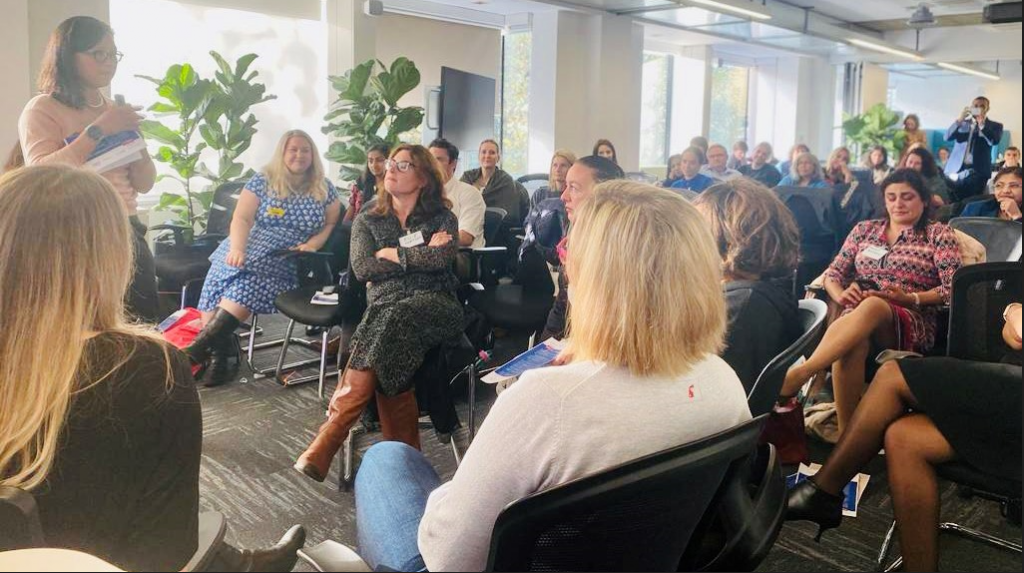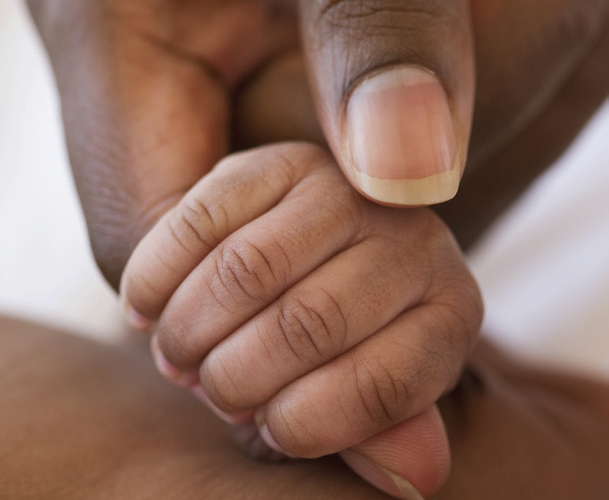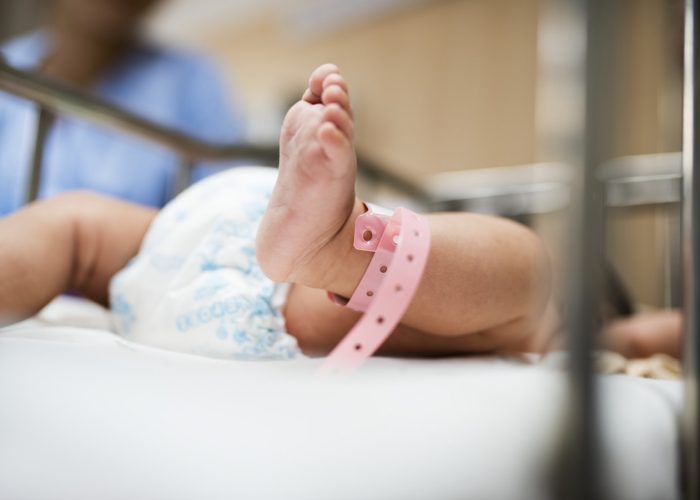Sarah Stephens, Senior Innovation Advisor, reflects on how improvements in maternity and neonatal services can only happen if we take the time to reflect and share good practice, as well as address the learnings.

It has been another tough year for maternity and neonatal services with several independent reviews uncovering poor working practices, team culture and – as a result– patient safety. Such reviews make for uncomfortable reading, arguably as any robust investigation should, but they are vital for us to ensure mistakes are learnt from and improvements made. It is also important to remember that there is still a brilliant and passionate workforce who need to be encouraged and celebrated as they try to provide the best birthing experience for people who give birth and their babies.
Maternity and neonatal services have been through more policy changes in recent years than any other part of the system; each reform trying to improve both safety and experience, but often falling short. The reasons are many. However it wasmade very clear in the most recent report into services in East Kent that action and not policy is what is needed to prevent more failures. A workforce with low or no morale is not going to be able to make the improvements that services need.
In London, ICHP, Health Innovation Network (HIN) and UCLPartners (UCLP) work across boundaries to deliver the Pan London Maternity and Neonatal Services Safety Improvement Programme (MatNeoSIP); a community of practice of sorts, dedicated to supporting maternity and neonatal teams across the Capital to improve the quality of services for people who give birth and their babies.
Despite the challenging times we’ve been through, it’s important to recognise the excellent work you’ve all been engaged with.
Nina Khazaezadeh, Deputy Regional Chief Midwife for London
An important element of our work in transforming healthcare services is about dedicating time to sharing the best practice of others, and in London there have been some truly innovative practices implemented in the past year. Earlier this week, we celebrated the innovativeness of our London colleagues by bringing together over 60 maternity and neonatal service leads and midwives to share just a few of the new brilliant improvements that are happening across our local area.
Chaired by Dr Sabrina Das and Dr Anita Banerjee, the day began with an uplifting speech from Nina Khazaezadeh, Deputy Regional Chief Midwife for London, who shared the national vision for “safer, kinder, professional & personalised care” and how despite the challenging times we’ve been through, it’s important to recognise the excellent work that the workforce has been engaged with.
This recognition began with a focus on collaboration between the local maternity and neonatal system (LMNS) and Maternity Voice Partnership to improve care continuity between midwifery and health visiting services. Dr Sunita Sharma, Postnatal lead for NHS London Maternity Clinical Network, emphasised the importance of this service user-led , initiative in ensuring postnatal care remains a priority, acknowledging “Not only can we impact the health of women and birthing people, but we can also influence the next generation.”
The event then followed with a series of presentations, focused on different elements of the Maternity Neonatal and Safety Improvement optimisation drivers. The common thread through all the quality and improvement work presented was beautifully captured in the closing remarks of the co-chair Dr Sabrina Das: “Kindness is our superpower. Quality and improvement work is the kind way to enact change…Kindness is a choice. We can choose to do it the old, top-down, imposed way. Or we can choose to co-design, iterate and be open to feedback.”
What was most striking to me throughout, was the willingness to share, to learn and to be inspired to do even more, despite the obvious challenges of a stretched workforce. While there is rightly a lot to be addressed in many areas of midwifery and neonatal services nationally, there is no doubt that our local London workforce is taking steps to learn from each other, to innovate and to give birthing people and babies the best experience and care possible – it is our privilege to support them with finding the space and opportunities to do so.
Read more about the projects shared here:
Goldilocks Project – Optimising Thermal Care of admitted newborns
The Goldilocks Project aims to optimise thermal care of admitted newborns. The quality improvement project is led by Dr Ambalika Das, Consultant Neonatologist & Neonatal Lead, Queens Hospital Romford.
Tommy’s Clinical Decision-Making Support Tool
The Tommy’s clinical decision-making support tool aims to facilitate personalised care for women and birthing people and reduce variation between care providers. The app has been piloted in five hospitals nationwide, including Lewisham & Greenwich NHS trust.
The app development is led by Tommy’s National Centre for Maternity Improvement. Their vision is for each pregnant woman and person to be offered the right care at the right time, no matter where they live.
In Utero Transfer protocol
The In Utero Transfer protocol aims to provide a clear pathway for escalation to help ensure women and birthing people deliver their babies in the most appropriate setting for their care needs. The project is led by Olivia Houlihan, Maternity Transformation Lead for NHSE and NHS Improvement.
To find out how you can get involved in our MatNeoSIP, get in touch.


